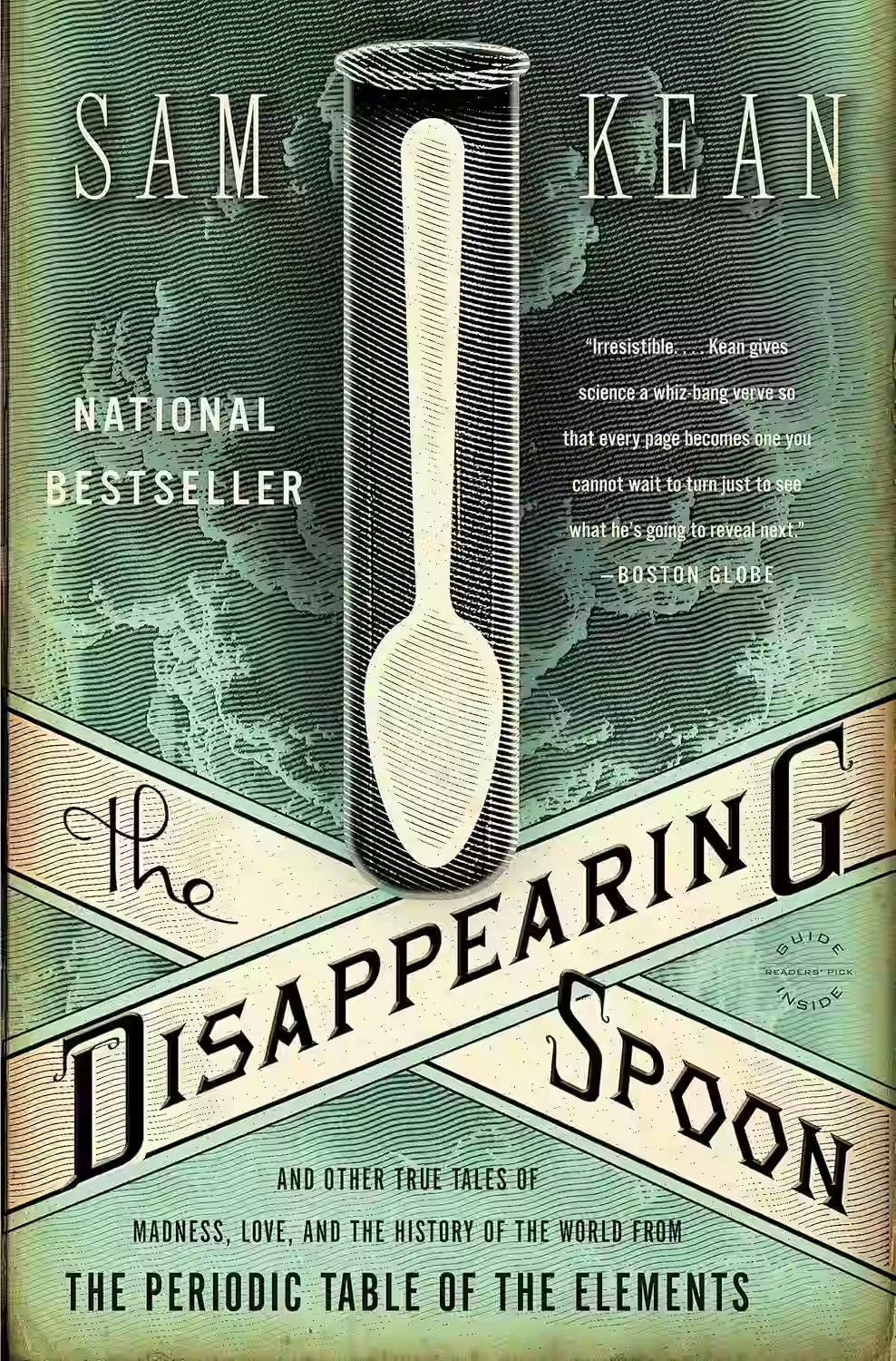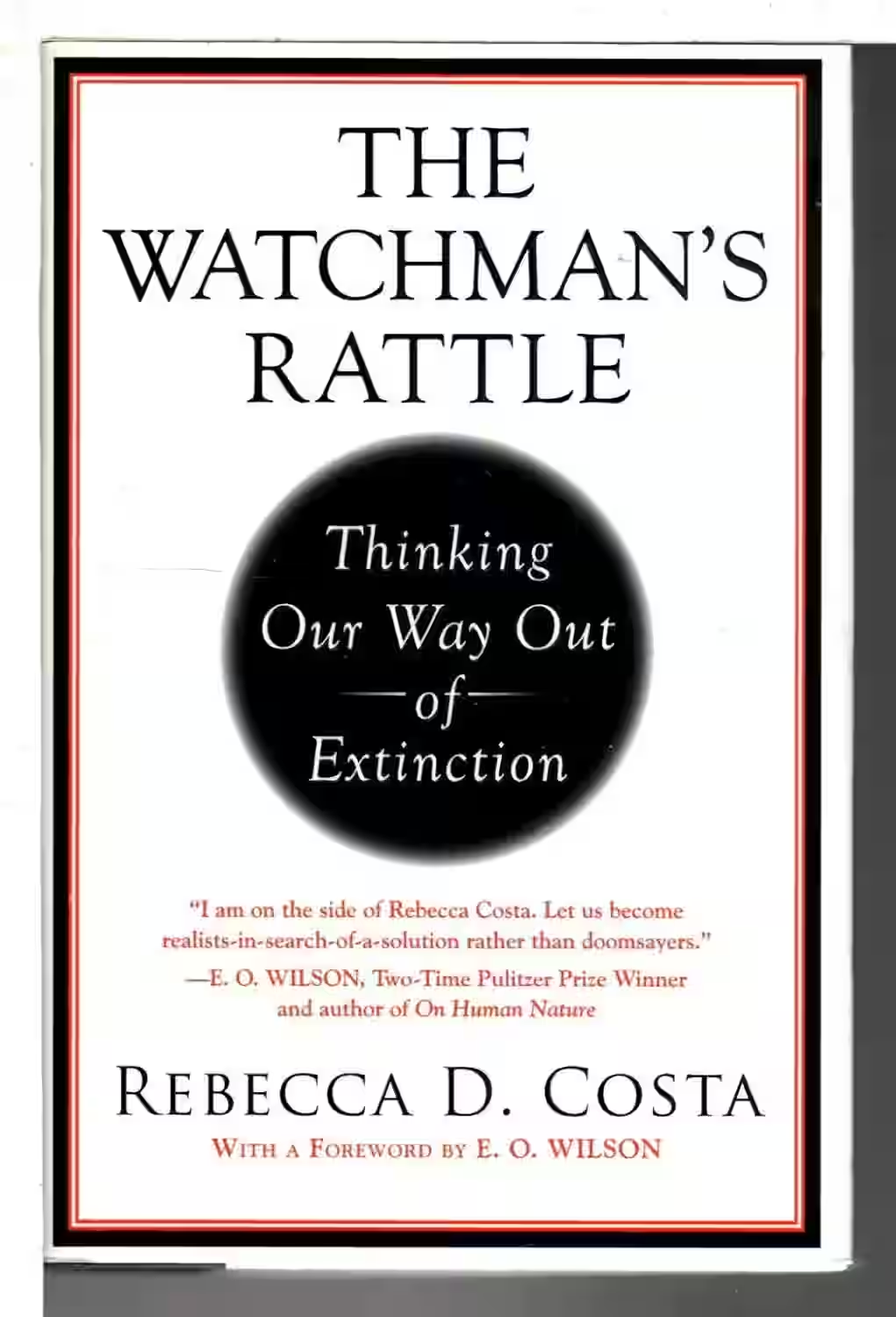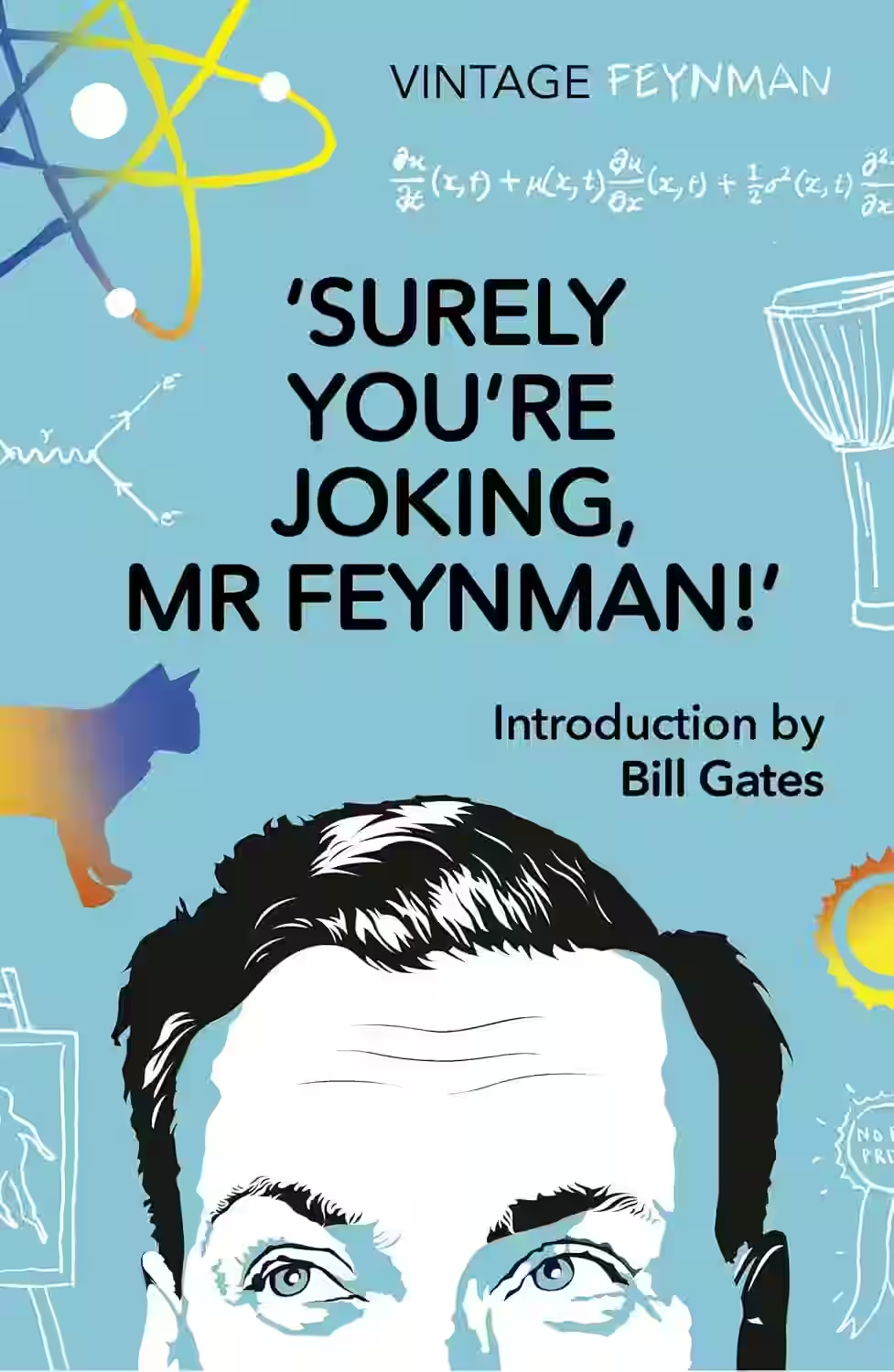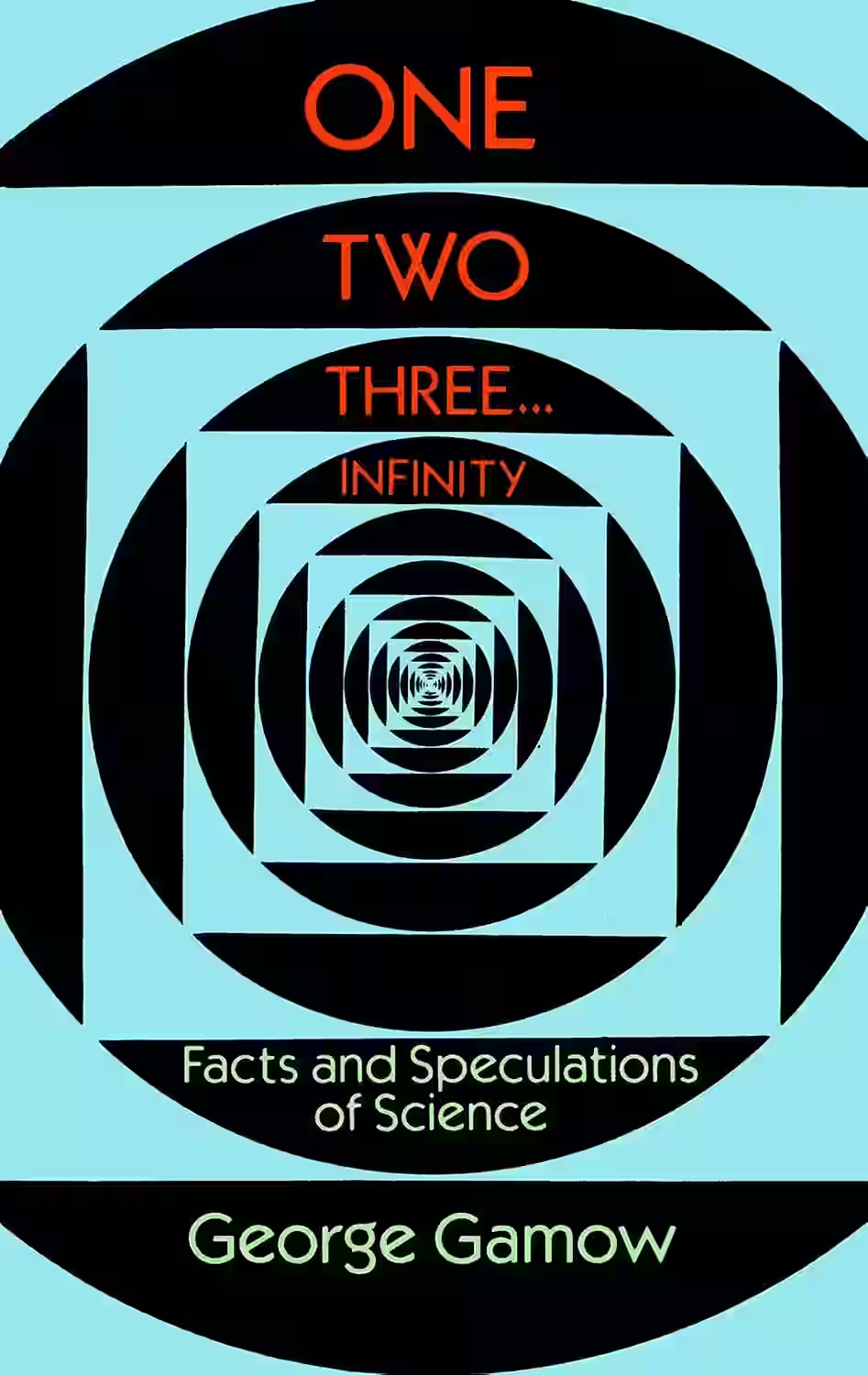
The Disappearing Spoon: And Other True Tales of Madness, Love, and the History of the World from the Periodic Table of the Elements
by Sam Kean
In 'The Disappearing Spoon,' Sam Kean takes readers on a fascinating journey through the quirky and captivating history of the periodic table of elements. Through a blend of science, history, and storytelling, Kean revives the tales behind each element, from their serendipitous discoveries to their impact on society and culture. The book showcases the human side of science, delving into stories of eccentric scientists, political battles, and unexpected connections between elements. Kean's witty and engaging narrative style makes complex scientific concepts accessible, appealing to both science enthusiasts and history buffs. 'The Disappearing Spoon' is a delightful exploration of the elemental building blocks that shape our world.
About Sam Kean
Sam Kean, an American science writer, is renowned for his captivating storytelling and ability to make complex scientific concepts accessible to the general public. Holding a degree in physics and library science, Kean combines his scientific background with a talent for narrative to produce engaging works that merge science and storytelling seamlessly. His best-selling books, such as 'The Disappearing Spoon' and 'The Violinist's Thumb', have garnered critical acclaim for their blend of fascinating historical anecdotes and scientific insights. Through his writing, Kean has not only brought attention to lesser-known scientific stories but has also sparked a renewed interest in the intersections between science, history, and culture.
Similar Books

The Watchman's Rattle: Thinking Our Way Out of Extinction
Rebecca Costa’s The Watchman’s Rattle explores how civilizations collapse when complexity outpaces our ability to solve problems. Blending science, history, and psychology, she argues that as global crises become more complex, society risks paralysis unless we evolve our cognitive strategies. Costa introduces the idea of “cognitive threshold,” suggesting we must adopt new ways of thinking—such as intuition and pattern recognition—to survive modern challenges. The book links ancient failures with contemporary threats like climate change and global instability. It’s a call to embrace adaptive thinking before our most pressing problems become unsolvable.

Enlightenment Now
In Enlightenment Now, Steven Pinker defends the values of reason, science, humanism, and progress as the driving forces behind global improvements in health, wealth, safety, and freedom. Using data and visualizations, he argues that despite the doom-and-gloom narratives of modern media, the world is improving across nearly every measurable domain. Pinker traces these advances to Enlightenment principles, advocating for their continued relevance in addressing today’s challenges. Though some critics view his optimism as overly confident, the book offers a powerful counterpoint to cynicism and a celebration of humanity’s capacity to solve problems through knowledge and cooperation.

Surely You're Joking Mr Feynman
This warm and insightful portrait captures the wisdom, humor, and boundless curiosity of Nobel Prize-winning physicist Richard Feynman through intimate conversations with his friend Ralph Leighton. Beyond his groundbreaking theoretical work, Feynman was a man of adventure – an artist, safecracker, practical joker, and captivating storyteller. His life, fueled by high intelligence, unyielding curiosity, and healthy skepticism, was a series of remarkable experiences. These recorded conversations, transcribed with minimal alteration, offer a wise, funny, passionate, and utterly honest self-portrait of one of the 20th century's most brilliant and engaging minds.

One, Two, Three... Infinity
by George Gamow
This classic science book offers a playful, accessible exploration of fundamental concepts in math and physics. George Gamow—a theoretical physicist and gifted writer—explains topics like infinity, relativity, atomic structure, and probability with humor and clarity. Written for a general audience, the book makes abstract ideas tangible through thought experiments and analogies. First published in 1947, it remains a beloved introduction to scientific thinking and curiosity. Gamow’s enthusiasm for discovery is infectious, making this an inspiring read for both students and adults interested in the wonder of the universe and the logic that underpins it.